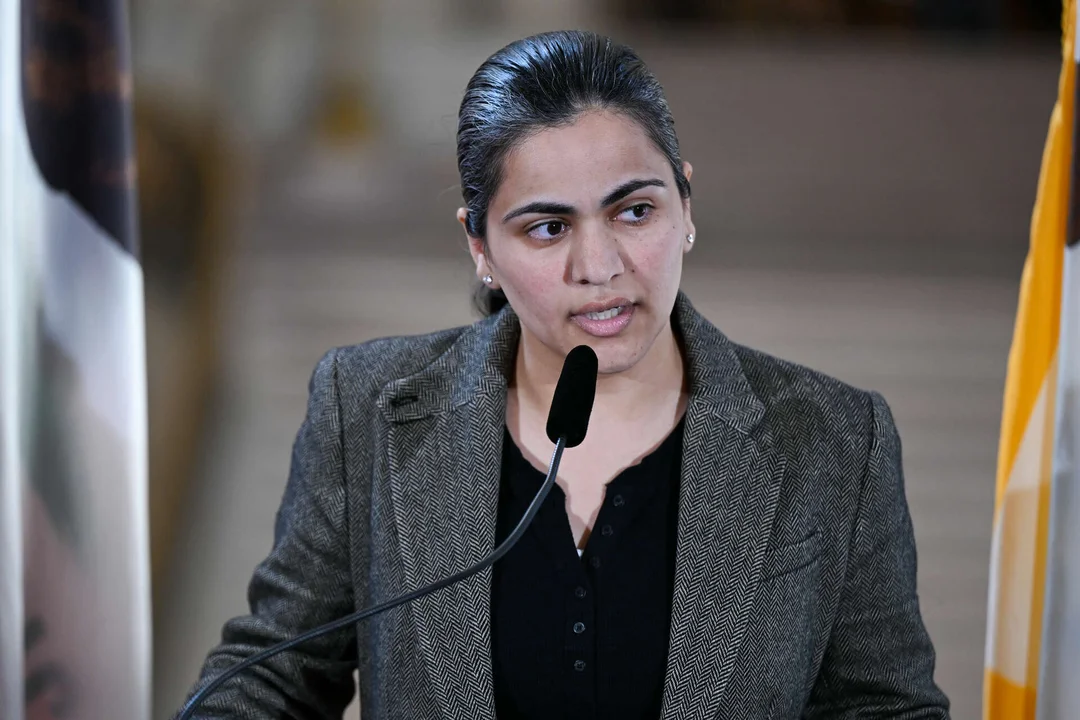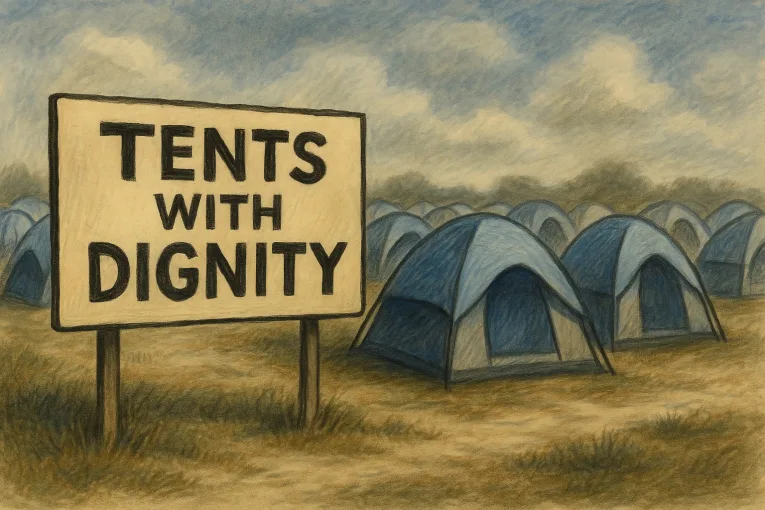
California’s Housing Debate Heats Up as Quality and Quantity Face Off Under New Senate Chair
California’s perennial housing crisis is taking center stage once more, as the state’s political leadership faces a pivotal crossroads between building more homes faster and ensuring that new development meets rigorous standards of quality and livability. The appointment of State Senator Aisha Wahab as the new chair of the Senate Housing Committee has sparked fierce debate, thrusting questions of policy, priorities, and the dire need for shelter into the spotlight.

The discussion arrives against a sobering backdrop: California is grappling with a shortfall of 2.5 million homes and nearly 200,000 people experiencing homelessness. Recent years have seen bipartisan legislative pushes, like the newly unveiled Fast Track Housing Package in the state assembly, aiming to cut bureaucratic red tape and accelerate construction by exempting most urban housing from the California Environmental Quality Act (CEQA). Assemblymember Buffy Wicks, one of the architects of these reforms, describes the effort as a surgical strike on the five bottlenecks delaying urgently needed development—from initial application to final enforcement—vowing to move "shovels in the ground faster."
However, the course forward is far from settled. Sen. Wahab, emerging as a key gatekeeper, has drawn both praise and apprehension for her public insistence that it is "time for California to move away from development, development, development," and to prioritize "quality housing" over sheer numbers. In her inaugural remarks, and a wide-ranging interview, Wahab declared, “The quality of housing is just as important as the quantity,” amplifying a view shared by some community advocates but dismissed by others as idealistic or disconnected from reality. As one UC Davis law professor, Chris Elmendorf, posed pointedly on social media, "Is 'tents with dignity' going to be California's new statewide housing plan?"
Critics warn that the emphasis on quality risks reinforcing the very gridlock that has brought California to this tipping point. They argue that for the state’s lowest-income residents, the choice isn’t between ideal accommodations—it’s often between subpar shelter or homelessness. "The dude living in the tent would like an upgrade. Don’t think he’s too concerned whether it comes with two off-street parking spaces," Elmendorf observed wryly, encapsulating a sentiment that speed and volume should trump perfection in an emergency.
Yet, Wahab and her supporters reject the false equivalence of quantity over dignity. Pointing to patterns of “giveaways” for developers and persistent loopholes in legislation—as found by recent studies from YIMBY Law and academics like UC Santa Barbara's Clayton Nall—they contend that sacrificing design and livability risks perpetuating the mistakes of the past, from exclusionary zoning to shoddy mass-produced complexes that become tomorrow’s blight.
The fault line now runs through the heart of the Democratic majority, between those, like Assemblymember Wicks, who champion rapid reform, and those like Wahab, who call for careful recalibration. Labor unions, environmentalists, and even moderates are divided over whether slashing red tape will compromise crucial protections or finally deliver on the promises of affordability and access. California’s housing dilemma is not merely a matter of bureaucracy; it is bound up with deep histories of inequality and the urgent imperative to offer every resident a fair shot at a decent home.
As lawmakers wrangle over the legislative details in the months ahead, the choices they make will echo far beyond Sacramento. Can California deliver on both speed and dignity, or will efforts once again fall prey to paralysis and disenchantment? Readers—how do you balance the urgent demand for homes with the desire for lasting, livable communities? Share your thoughts below and join the conversation on California’s most pressing challenge.